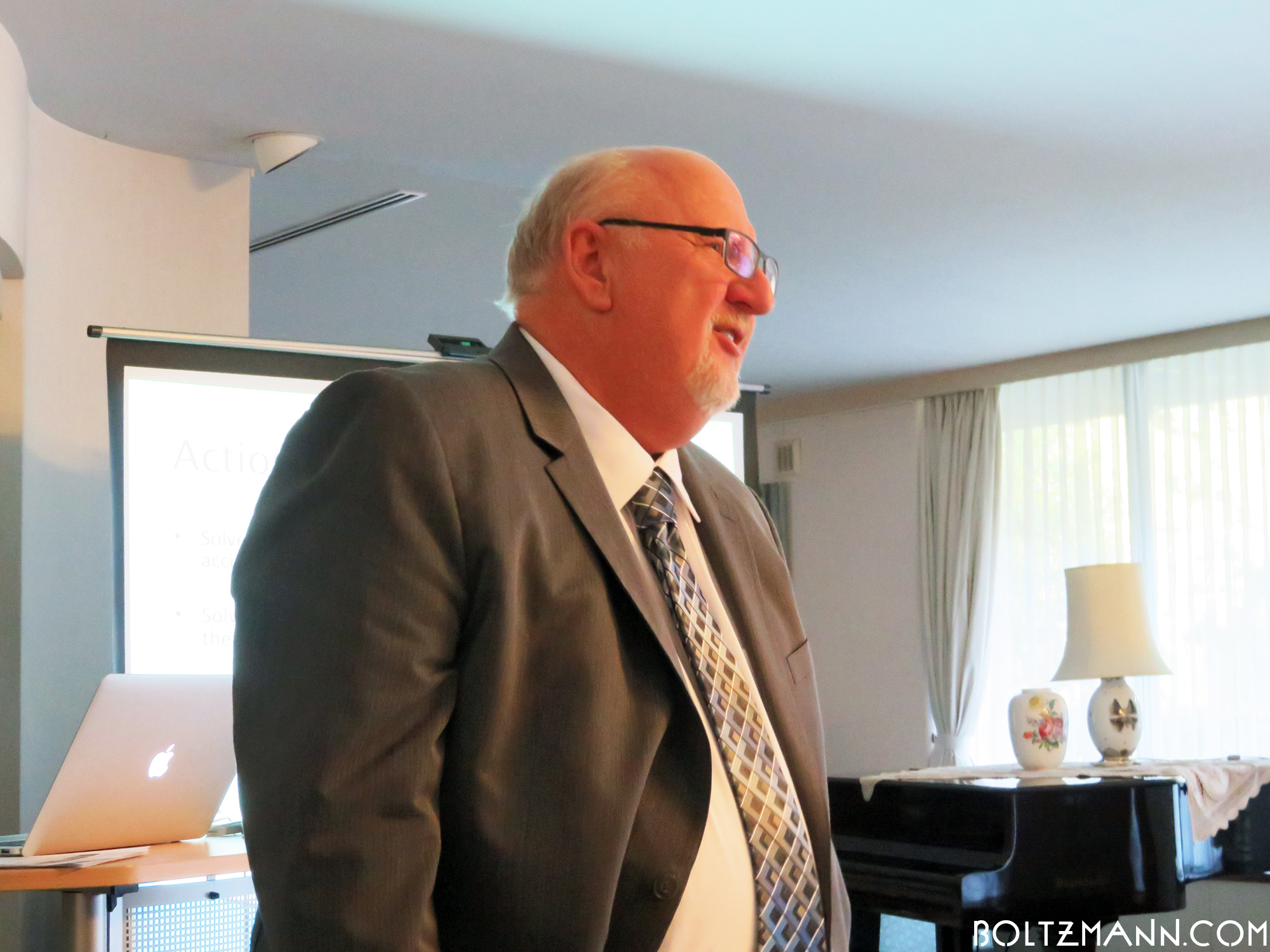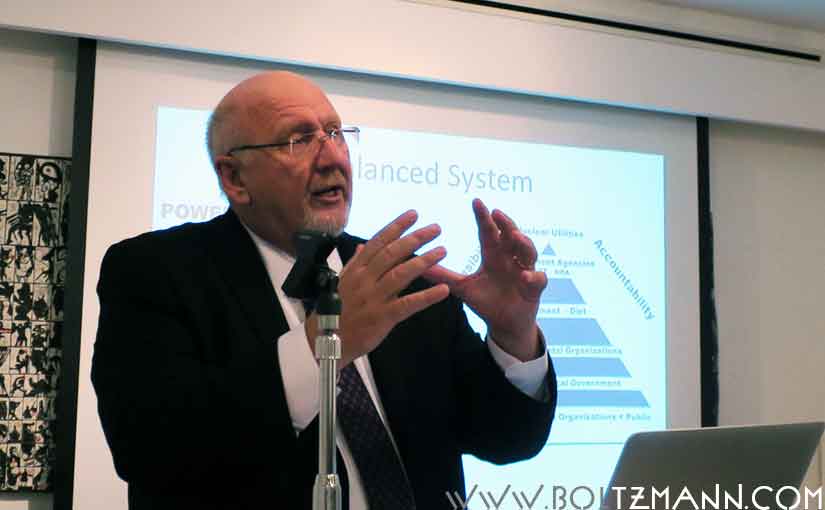Tag: Chuck Casto
-

Chuck Casto: Balance of Nuclear Power Policy in Post-Fukushima Japan
Balance of Nuclear Power Policy in Post-Fukushima Japan Chuck Casto keynote talk given at 9th Ludwig Boltzmann Forum, Embassy of Austria in Tokyo, 16 March 2017 by Chuck Casto Licensed Nuclear Power Station Operator. Was NRC regulator responsible for 23 nuclear power stations. Leader of the US Integrated Government and NRC efforts in Japan during…
-

Chuck Casto: Global leadership in the extreme – crisis leadership in post-Fukushima
Global leadership in the extreme: crisis leadership in post-Fukushima Chuck Casto keynote talk given at the 7th Ludwig Boltzmann Forum at the Embassy of Austria, Tokyo, 20 February 2015 by: Dr. Chuck Casto, Casto Group Consulting LLC, Licensed Nuclear Power Station Operator. Was NRC regulator responsible for 23 nuclear power stations. Leader of the US…